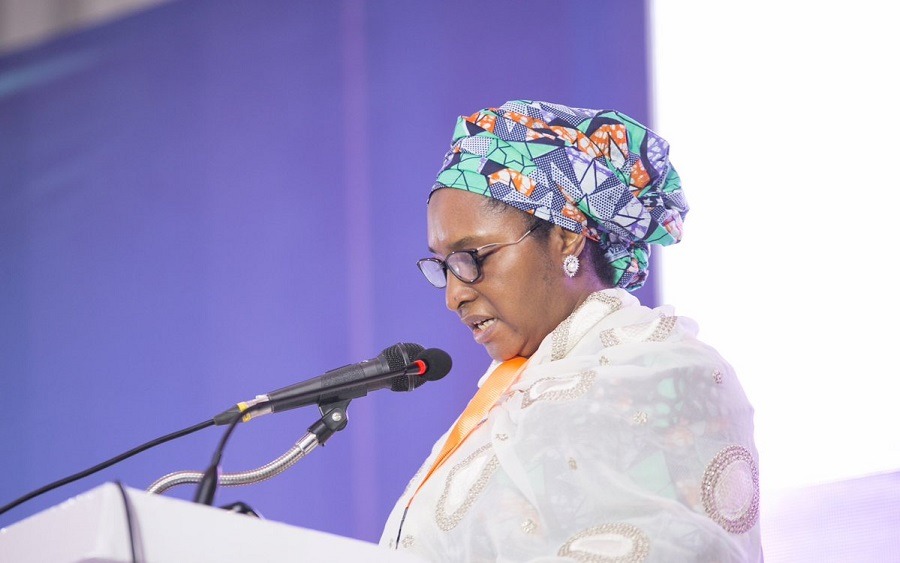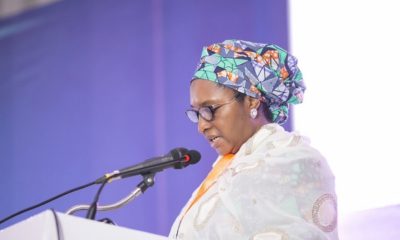About 50 million poor and vulnerable households in Nigeria are eagerly waiting for the take-off of the National Social Safety Net Programme Scale Up which is aimed at alleviating their poverty through monetary provisions by the Federal Government.
Data from the National Social Safety Net Coordinating Office revealed that there were about 12.06 million poor and vulnerable households in the country, totalling 49.81 million persons.
Investors King reports that the social safety-nets are part of broader social protection systems comprising non-contributory transfers in cash or in kind, designed to provide support for the poor and vulnerable people in the country.
Through this scheme, which has already been captured by the Federal Government in its 2023 Budget, thousands of poor households would be supported with cash, while others in need of material provisions would also be included.
The Federal Government has said that in order to reach out to targeted persons, especially in the rural communities across the country, it will deploy Point-of-Sales agents for cash transfers during the programme billed to commence this year.
Already, the National Social Safety-Net Coordinating Office (NASSCO) which is collaborating with the World Bank has been working on building a National Social Register (NSR) that would contain poor and vulnerable Nigerians who are direct beneficiaries of the $800million earmarked for the project.
The programme, which is to be implemented by the Federal Ministry of Humanitarian Affairs, Disaster Management and Social Development, has the approval of World Bank and it would run till June 30, 2024.
Announcing that POS agents would be co-opted to transfer the money to the needy, the Minister of Finance, Budget and National Planning, Dr Zainab Ahmed, said the Federal Government was waiting for the approval of the National Assembly before the programme would commence.
Ahmed, who made this known while hosting the Executive Director, Angola, Nigeria, South Africa Constituency of the World Bank Group, Ms Ayanda Dlodlo, in Abuja last week Friday, said the social safety net would be expanded.
According to her, the NASSP-Scale Up has been approved by the bank and the Federal Executive Council, while the financial implications have been catered for in the 2023 Appropriation Act presented recently to the NASS by President Muhammadu Buhari.
To activate the project, the minister said the National Assembly must approve it, adding that there are efforts to expand the rapid response register to capture those who had slid into poverty of recent.
Also, she disclosed that the government is working with agents network in the banking system and other financial services for the cash transfer programme.
The minister said all of the database required have been worked upon for easy disbursement of the money by banks.
With the engagement of PoS agents, Ahmed pointed out that hard-to-reach communities and villages without banks would be covered in the programme.
Speaking, the Executive Director, Angola, Nigeria, South Africa Constituency of the World Bank Group, Ms Ayanda Dlodlo, canvassed the urgent need for government to tackle food insecurity and poor power supply in the country.
Dlodlo said about 600 million people in the African continent lack access to electricity, which she described as vital element to national development.


 Billionaire Watch3 weeks ago
Billionaire Watch3 weeks ago
 Startups4 weeks ago
Startups4 weeks ago
 News4 weeks ago
News4 weeks ago
 News4 weeks ago
News4 weeks ago
 Bitcoin4 weeks ago
Bitcoin4 weeks ago
 Naira4 weeks ago
Naira4 weeks ago
 Forex3 weeks ago
Forex3 weeks ago
 Treasury Bills4 weeks ago
Treasury Bills4 weeks ago






















